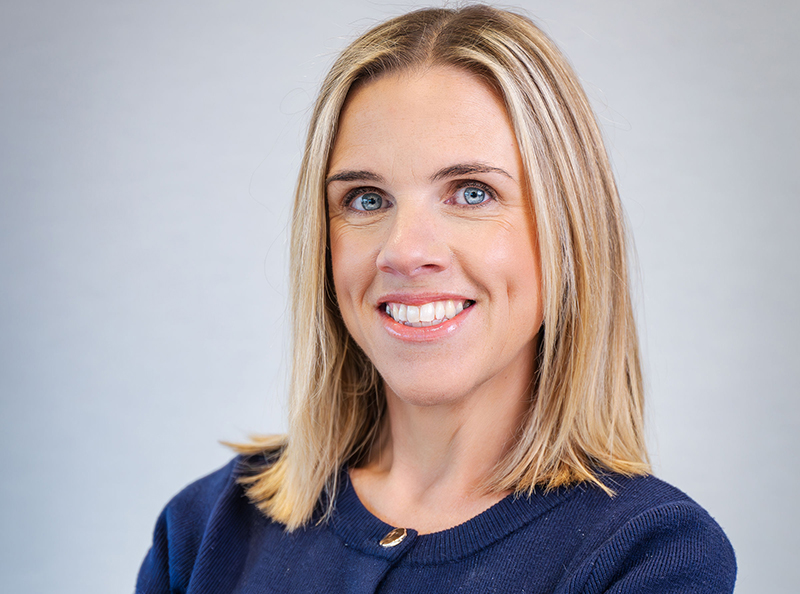
By Hazel Davies, sales and marketing director for Cruden and Female Leaders in Construction (FLIC) advisory board member
AS a mother of two school-aged daughters, I often think about the example I set for them. It’s too early to tell if they will become the next female leaders in construction, but if I can show them that women can succeed in senior roles, that resilience and a strong work ethic open doors, and that they should never doubt their ability to achieve, then I’ll have done my job.
My daughters are a key reason I’m proud to serve on the advisory board of Female Leaders in Construction (FLIC).
When I began my career, women in senior property and construction roles were relatively rare. At Cruden, for quite some time I was the only woman in our senior management team, but things are changing. Today many more of our senior team are women, including our head of technical, head of design & sustainability and our financial controller.
This is a visible shift that demonstrates progress across the sector. It is important to highlight that this is not about fairness or creating opportunities for just one specific part of the population. It has been proven time and again that gender balance at senior levels makes astute business sense and it’s great to see Cruden as a leading example.
Women bring valuable perspectives, shaped by different experiences. In my experience we approach leadership with a more human lens, and a firm focus on collaboration. Where traditional boardrooms rewarded the loudest voice, women often focus on listening, problem-solving, and building consensus.
That doesn’t mean we’re less ambitious or decisive, far from it. We value solutions that stick, and we celebrate success collectively. That mindset drives growth, both commercially and culturally for businesses.
The construction and property sector thrives on innovation. To innovate you need diversity of thought, but diversity doesn’t come from appointing people who all look, think, and act the same. It comes from bringing together different voices, life experiences, and perspectives. By doing so, we create stronger, more resilient businesses that can adapt, grow, and succeed.
That’s why networks like FLIC matter. They are real and honest spaces where women can share experiences that might otherwise go unspoken. FLIC brings together members with diverse expertise and offers a refreshing, results-focused approach. Imposter syndrome, resilience and work-life balance are topics we openly discuss.
FLIC has been a professional and personal sounding board for me. Importantly, the network demonstrates that women in construction can have both successful careers and fulfilling personal lives. The two are not mutually exclusive.
Hearing other members’ stories has inspired me, but also reminded me of the responsibility we have. The existence of FLIC sets an example for the next generation, not only for my daughters, but for young women considering a career in this sector. It shows them that there is a place for them at the table; that they don’t need to apologise for their ambition; and they can aspire to senior leadership without compromise.
None of this happens without hard work. Regardless of gender, background, or role, what unites the inspiring women I’ve met through FLIC, and across my career to date, is a strong work ethic and a commitment to growth.
To professionals reading this, my message is simple: don’t underestimate the power of your networks, and don’t underestimate the value of gender balance in leadership. By creating space for diverse leaders, we are shaping a stronger, more inclusive, and more resilient future for our industry now, and for the generations that follow.








